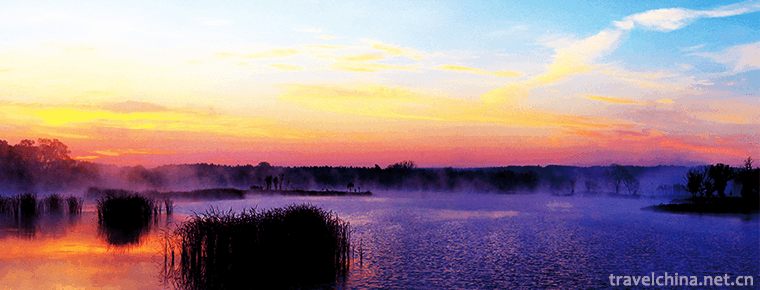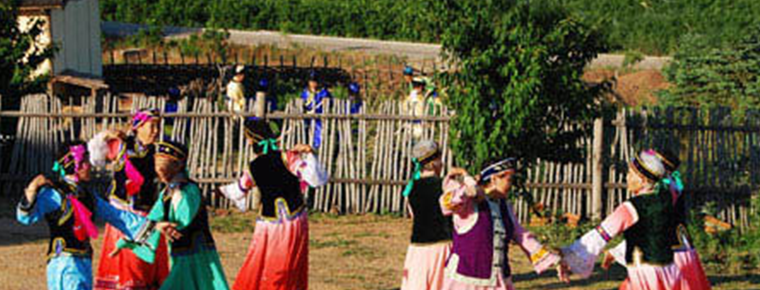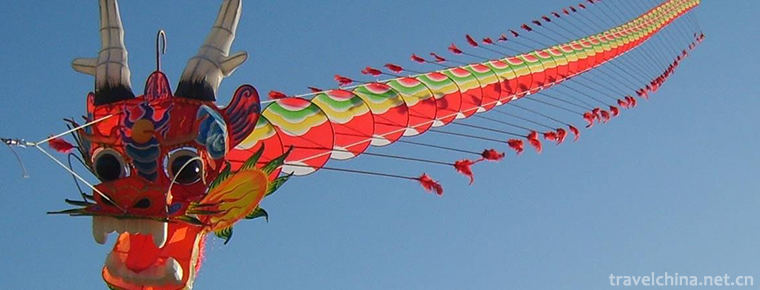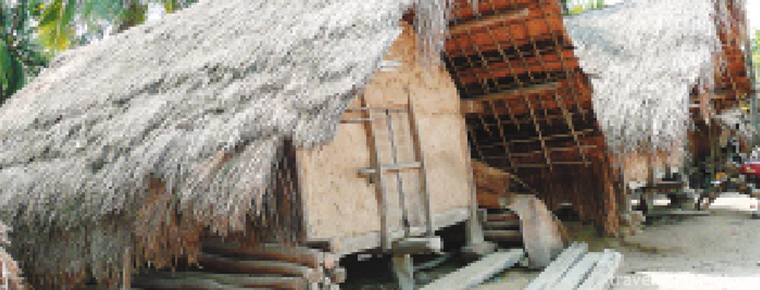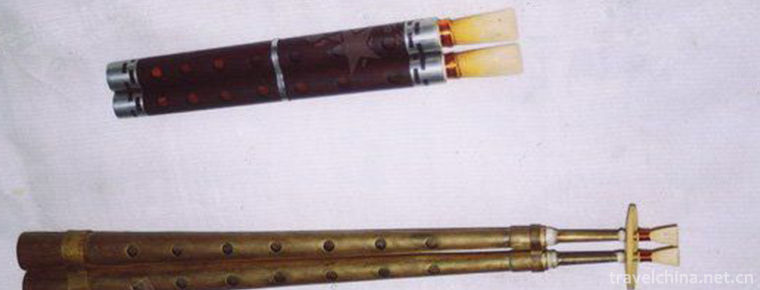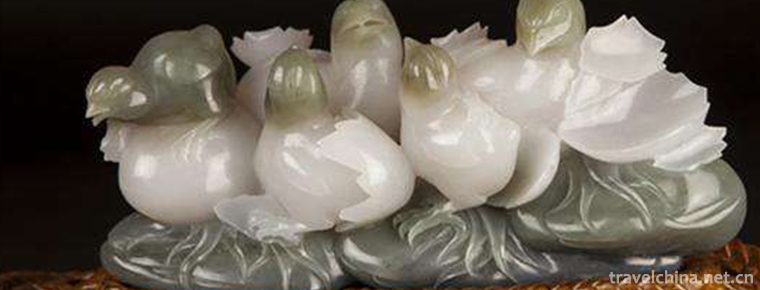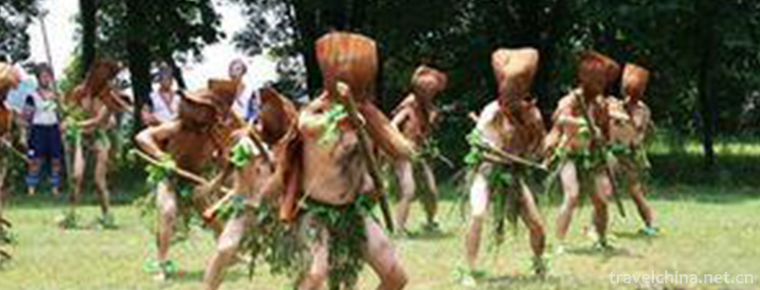Shandong Qinshu
Shandong Qinshu
Shandong Qinshu is one of the traditional folk art varieties in Shandong area, also known as "Xiaoqu", "Yangqin", "Shandong Yangqin", "improved Qinshu" and so on. Heze (Ancient Caozhou), which originated in southwestern Shandong Province, was born in the early years of Qianlong in Qing Dynasty. Playing for farmers'self-entertainment (also known as play board). In the late Qing Dynasty, there was a flourishing situation, and famous families emerged one after another, spreading more and more widely.
On May 20, 2006, "Shandong Qinshu" declared by Heze City, Shandong Province, was listed in the first batch of national intangible cultural heritage list with the approval of the State Council. The serial number is 257V-21.
historical origin
Xiaoquzi was first formed in Heze area (called Caozhou in ancient times). The artistic pedigree of Chen Naiduan, an artist in Yuncheng City, is "Yongzheng 13 years (1735). Wang Shangtian, the elder master, is well-known for his piano, calligraphy and painting, and Dongping Lake..." Say. The newly revised Local Chronicle of Cao County has a record of "Cao County is the main birthplace of Shandong Qinshu, which has been handed down for 200 years". Liang Qixiang, a famous composer of Xiaoqu, appeared in Liangditou village in the late Qianlong period. Later, it became more and more prosperous and gradually spread throughout the province. Since Yongzheng's thirteenth year, Shandong Qinshu has a history of more than 250 years.
The development of Qinshu in Shandong has gone through three important stages, that is, from early literati entertainment to folk amateur games, and later to professional singing-storytelling.
Since the Yuan and Ming Dynasties, folk songs have been popular in Shandong Province. Southwest Shandong Province is connected with the Central Plains, which is also prosperous here. Xiaoqu was originally a literati who was skilled in melody, and it was gradually formed by compiling and performing repertoires with popular tunes at that time. According to the leaflet county, Cao County Liu Lou, Shang Lou, Lao Ye Lou, Liujing area, some gentry celebrities, like to play and sing tunes to entertain themselves, called "Qinzheng Qingqu". For example, "Broken Bridge" and "Water Man Golden Mountain" in "The Biography of White Snake", and "Catching Ships" and "Stolen Poems" in "Qiujiang" have elegant lyrics and strong literariness.
The artistic form of "Qinzheng Qingqu" soon broke through the circle of literati and refined scholars and spread among local farmers. From the elegant "visiting friends" at the beginning, it has gradually changed into a self-entertaining "crop play" or "day play" for leisure or festival gatherings. In the late Qing Dynasty, this amateur music club was very popular in agriculture around Luxi. During this period, the singing still maintained the characteristics of "Qinzheng Qingqu" when the calligraphy and lyrics were still elegant, paying attention to music. Although its performance aims at entertaining love, it focuses on the beauty of the singing tone, the number of music cards, and the level of musical instrument playing skills, as well as the strong interest of literati and elegant scholars in playing and singing and expressing their feelings.
With the popularity of "Xiaoqu" among the people, Liang Qixiang of Cao County emerged in the late Qianlong period, followed by Yuan Peiran of Cao County and Liu Daoyou of Yuncheng, Miao Jinfu, Li Qinglan, Hou Peiran, Wang Mengdian of Cao County, Liu Jirong and Chen Huaijiao of Yuncheng, who were famous singers in Guangxu period, gradually changed from Amateur play bureau to a profession of telling books. Sex singing. Because of the change of the nature of singing, it has brought great changes in the content, form and music of Shandong Qinshu. Artists created and transplanted a large number of new programs adapted to the tastes of the masses, enriching the content of singing. The music structure has changed from the original joint singing of music cards to the two main tunes of "Fengyang Song" and "Stacker Board". In addition, the national style has changed from slate style to slate style, with the use of music cards interspersed. The lyrics have become easy to understand, and the singing style has also changed from delicate to lively and plain.
As an important symbol of this stage, Qinshu has entered Jining, an important town of canal transportation, from the countryside of southwestern Shandong Province, and has been introduced to neighboring Xuzhou, Shangqiu, Kaifeng and other places. For a time, Jining's Tushan and Canal Bank became a gathering place of famous piano writers, and expanded their influence throughout Shandong Province. In succession, the "East Road Qinshu" centered on Guangrao and Boxing in eastern Shandong and the "North Road Qinshu" centered on Jinan in northern Shandong were formed, and the Qinshu in southwestern Shandong was called "South Road Qinshu". South Road is the earliest branch, popular in the southwest of Shandong Province, with Ru Xingli and his founding "Ru School" as the most representative, singing without fancy tunes, deep lines, literal pronunciation, most of the programs are cynical works; North Road, centered on Jinan, is widely popular in the northwest of Shandong Province, with Deng Jiuru and his founding "Deng School" as the most representative. Representatively, the performance is good at using dialectal slang, showing humor in simplicity and seeking charm in plainness; Eastern Road is centered on Guangrao and Boxing, which is popular in all parts of Jiaodong. Business Xing, Guan Yunxia's couple and their founding "business school" are the most representative, with beautiful singing voice and rich in change .
artistic characteristics
Shandong Qinshu is performed in Shandong dialect. Because it was born out of the folk "Xiaoqu" duet, the tunes used in Shandong Qinshu are very rich. There are about 200 pieces of Qupai. Following the development of Piano Book rap, the tunes used gradually concentrate, with the so-called "Old Six Main Tunes", "Fengyang Song", "Duplicated Broken Bridge", "Hankou Stack", "Stacker Plate", "Plum Blossom Fall" as the most commonly used tunes. Since the end of Qing Dynasty and the beginning of the Republic of China, it has further developed into a music style with "Fengyang Song" and "Stacker Plate" as the main tunes, with a small number of minor tunes interlaced for rap. The program is mainly composed of medium-length books and singing short passages.
The performances of Shandong Qinshu are usually composed of two to five people. The singers are divided into roles and accompanied by musical instruments. Generally, there are two or three people to catch up with the roles, and the rest are accompaniment and accompaniment. Traditional singing pays attention to stability and generosity. The singer is sitting in a critical position, with a dignified manner, and does not look askance. It relies on the changeable singing voice and organic accompaniment to complete the plot expression and characterization of the characters.
With the evolution of history and the development of art itself, the singing of Shandong Qinshu gradually broke the old singing conventions. For example, according to the development of the plot of the story and the change of the character's feelings, the singer can present a vivid expression on his face, sometimes with a little gesture to help the performance. In singing, the actors can communicate with each other emotionally and directly with the audience. However, his singing style still maintains the basic characteristics of stability and generosity.
There are many traditional representative programs in Shandong Qinshu, such as White Snake Biography, Qiujiang and transplanted Yangjiajiang, Baogong Case, Dahongpao, etc. The middle part includes 70 or 80 pieces such as Wang Dingbao Yongdang, San Shangshou and Liang Zhu's Marriage Story. Most of the short passages are classics inherited from the early Xiaoqu programs.
After the founding of the People's Republic of China, with the increasing demand for artistic appreciation, a large number of new writers of literature and art participated in the creation and singing, Shandong Qinshu entered a new period of development. In the 1950s and 1960s, Nanlu Qinshu artists Li Ruoliang and Li Xiangyun's father and daughter participated in the national opera performance twice. The "Water Overflowing Golden Mountain" and "Stolen Ganoderma Lucidum" produced by the Party, Government and Army were successful, and they participated in the national Tun The performance has attracted the attention of the music and music circles. Especially in September 1981, he participated in the national excellent performances of musical performances, and performed "Dalin Returning Home", which was successful in enhancing lyricism and sense of the times, and won the first prize of creation, composition and performance.
Inheritance Significance
Shandong Qinshu has rich cultural background, which has had a significant impact on the occurrence and development of Lv Opera. It is the direct parent of Lv Opera in Shandong Province, and its historical and cultural value is unique. Nowadays, its development has encountered unprecedented difficulties, and it urgently needs to be protected and supported.
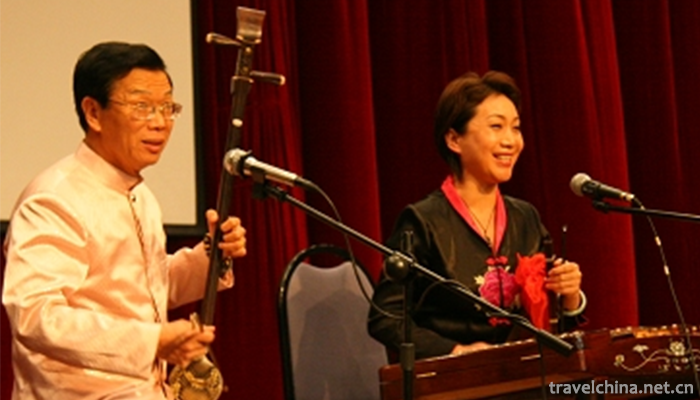
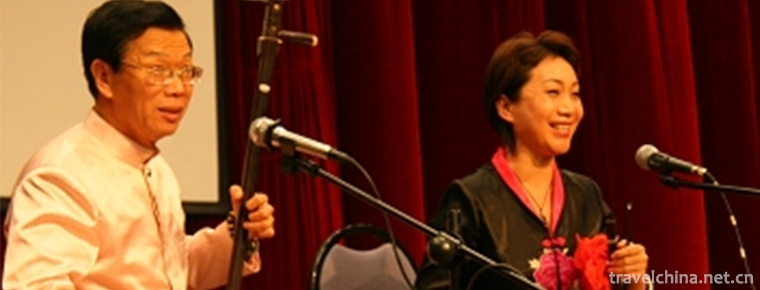
Shandong Qinshu
-
Mount Heng
Mt. Hengshan, also known as "Tai Mt. Hengshan", is known as "Xuanwu mountain" and "Yushan". Among them, inverted Ma Pass, Bauhinia Pass, Pingxiaoguan Pass, Yanmen Pass
Views: 223 Time 2018-10-30 -
Shanghai Wild Animal Park
Shanghai Wild Animal Park , located at 178 Nanliu Highway, Pudong New Area, Shanghai, is the first National Wildlife Park in China built by the Shanghai Municipal People's Government and the State For
Views: 192 Time 2018-12-05 -
jingyuetan national forest park
Jingyuetan, National AAAAA Class Tourist Scenic Spot, National Scenic Spot, National Forest Park, National Civilized Scenic Spot Demonstration Site, National Water Conservancy Scenic Spot, National Na
Views: 137 Time 2018-12-26 -
Daur Ruzhigle Dance
"Luzhigle" is a representative folk dance of Daur nationality. It varies from place to place, including "Alhambo", "Langtudabe", "Hakumai", "Hagen Melger&q
Views: 137 Time 2019-04-22 -
Kite making skills
Kite making skills, Weifang City of Shandong Province, Nantong City of Jiangsu Province, Lhasa City of Tibet Autonomous Region, Beijing, Tianjin and other local traditional skills, one of the national
Views: 137 Time 2019-04-29 -
Construction Techniques of Li Nationalitys Ship type House
The carrier of the excellent architectural skills of the Li nationality will inevitably fade out of sight in the fierce collision between traditional civilization and modern civilization. Today only a
Views: 278 Time 2019-05-12 -
Sheng Guanyue
The term "Sheng wind music" is not only a popular name in Chinese folk, but also a scientific name in the current academic circles. It refers to the orchestral performance form consisting of
Views: 158 Time 2019-06-14 -
Jade Carving in Yangzhou
Yangzhou has a long history of jade carving. Jade carving in Yangzhou reached a new peak in the Tang Dynasty, and carving and striping appeared in the Song Dynasty. During the Qianlong reign of the Qi
Views: 114 Time 2019-07-10 -
Zhongshan Salt Water Song
Salt water song is a form of expression of Guangdong local folk songs, which is mainly spread among farmers and fishermen in the coastal and river network areas of Zhongshan, Panyu, Zhuhai and South C
Views: 102 Time 2019-08-03 -
Zong Baonao
The dance used for sacrifice - the Yao Zong Baonao Dance is evolved from an ancient legend. According to Changtang Yao people, from generation to generation, in ancient times, a beautiful Yao mother l
Views: 349 Time 2019-08-16 -
Chengdu Normal University
Chengdu Teachers College is an undergraduate teacher's college in Sichuan Province, which is a pilot University for the overall transformation of Sichuan's comprehensive reform. The school's predecess
Views: 337 Time 2019-08-31 -
And then I met him 66 Hu Tik Tok Songs 2020 Hot Songs
Hey, do you still think of me Like I cry sometimes at night I was so happy that I thought you were the end To give you everything Time is always disobedient and starts to play dumb
Views: 504 Time 2020-05-21


